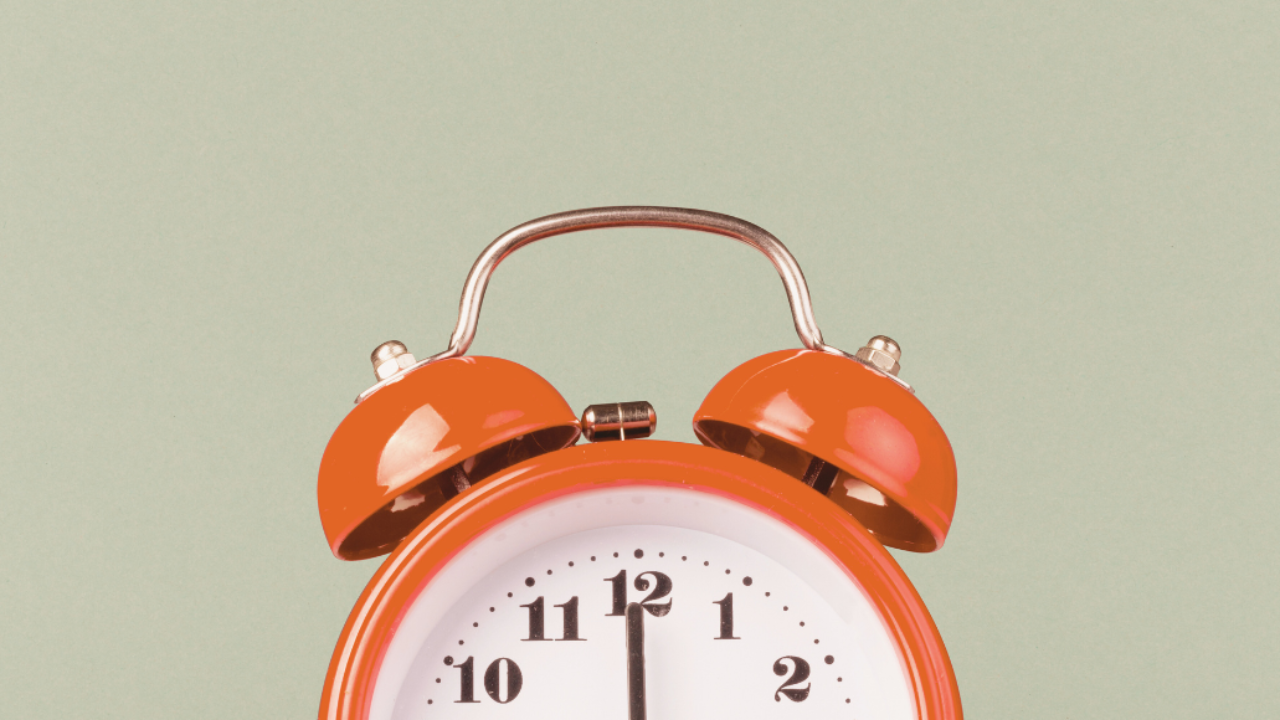When Will My Insomnia End? Realizing Recovery Is Not Measured in Time

If you’re a high-achieving professional who thrives on schedules, deadlines, and measurable results, you probably expect the same logic to apply to sleep. Yet if you struggle with chronic insomnia, you’ve likely discovered the frustrating truth: no matter how much you achieve during the day, restful sleep often remains elusive. You’ve done everything right… except understand sleep.
A Moment of Insight
During a coaching call with one of our Sleep Coach School trainees, she paused and shared a simple but powerful insight: “Recovery is not measured in time.”
For adults who overthink and overachieve, this idea can feel almost radical. We naturally track progress in hours, days, or weeks — at work, at the gym, in every project we manage. But sleep is different. It is automatic and effortless, and the more we try to control it, the more it resists.
The Timeless Way
What do you measure in units of time in your life? Seconds, hours, weeks, years — the list is endless.
Maybe it’s been two years since your last oil change, or you add 15 seconds to the microwave to get your popcorn juuuust right. Measuring time helps us manage daily life. So why not apply it to insomnia recovery?
Because sleep struggles come from pressure. Insomnia arises when we try to force sleep — and setting timelines only adds to that pressure. When we say, “My goal is to be over insomnia in two months,” we start tracking, comparing, and trying harder when we feel we fall short.
That mental environment is the opposite of peaceful — and peace of mind is exactly what allows sleep to return. Imagine life without milestones or deadlines. This low-stakes inner landscape is where everything we want begins to flow naturally, including sleep.
Why Time Isn’t a Measure of Recovery
People recover from insomnia in very different ways. Some sleep “normally” but spend every waking moment worrying about sleep. Others sleep little but live calm, untroubled lives. If we measured recovery by hours of sleep alone, we’d miss the point: true recovery is freedom from anxiety and pressure around sleep.
Many adults chasing solutions spend years on supplements, books, and courses, still seeing no change. Others wake in the night, think, “What if I can’t fall back asleep?” — and simply let it be. Interestingly, the latter often find relief sooner.
The key takeaway: recovery isn’t about time; it’s about letting go.
How to Gauge Your Progress
A simple way to assess where you are: notice how you respond to the statement, “There’s nothing you can do to make sure you sleep.”
-
If it makes your heart race or your mind rush to object, you’re likely at the beginning of your recovery journey — meaning there’s much understanding and relief ahead.
-
If you feel calm or a sense of acceptance, you’re nearing the end of your insomnia journey.
For the overthinking professional, this can feel counterintuitive: letting go of control, stepping away from timelines, and trusting that sleep will return on its own. Yet it’s precisely this low-pressure approach that allows deep, restorative sleep to flow naturally.
Think back to the start: you’ve accomplished so much in your life — projects completed, goals met, challenges overcome — yet sleep has remained elusive. Recovery from insomnia is just another kind of achievement, but one that isn’t earned through effort, schedules, or deadlines. It’s earned through acceptance, patience, and creating space for peace of mind.
True recovery isn’t measured in days, weeks, or months. It’s measured in how gently you can respond to sleepless nights, how freely you live despite them, and how willing you are to let go of the pressure to control the uncontrollable. As one of our trainees reminded us: “Recovery is not measured in time.”
And that simple insight — letting go of time — may be exactly what finally allows you to sleep peacefully night after night.

